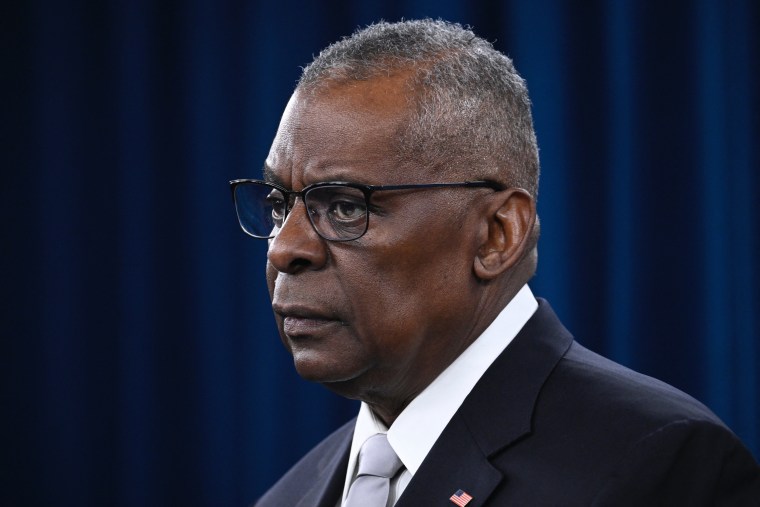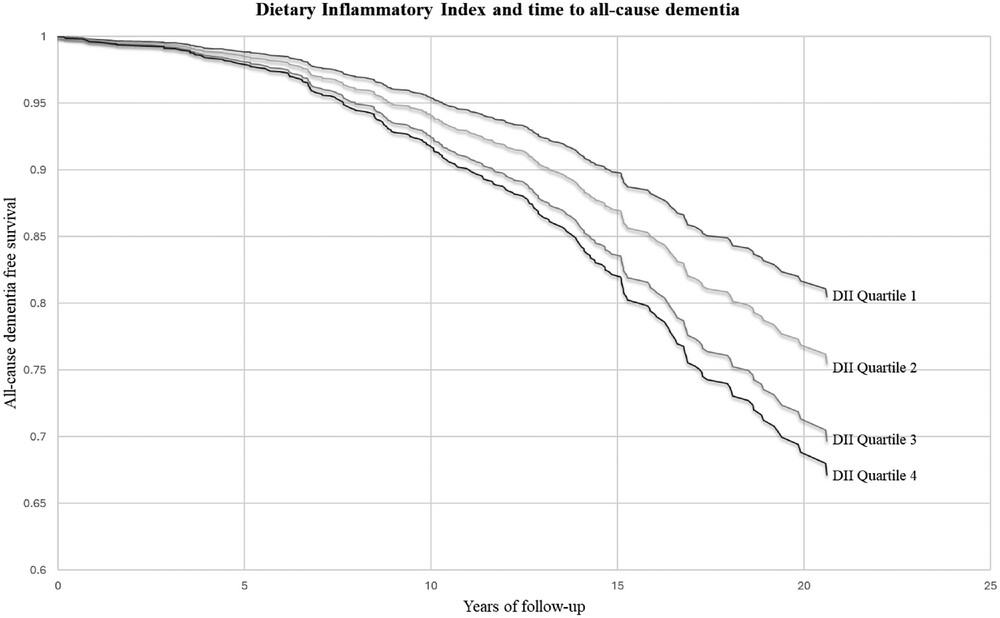Defense Secretary Lloyd Austin apologized this week for not being more transparent about his prostate cancer diagnosis. His diagnosis, made public on Jan. 9, has sparked a public discussion about the prevalence of prostate cancer in the Black community. Prostate cancer is the second most common cancer among men in the U.S., with nearly 300,000 new cases estimated for 2024.
While it remains uncertain whether prostate cancer is more common in Black men, it is observed to be more aggressive in this group. Black men in the U.S. are twice as likely to die from prostate cancer compared to white men. This may be due to disparities in screening and access to treatment, as well as genetic factors.
A study published in 2022 found that outcomes for Black men with prostate cancer are worse due to lower screening rates and treatment access. Genetics, such as West African descent, family history, and certain genetic mutations, also play a role in increasing the risk of prostate cancer.
Symptoms of prostate cancer often go unnoticed until the disease has progressed significantly. Difficulty urinating, blood in the urine, and pain near the prostate are common symptoms. Screening for prostate cancer involves a blood test called a prostate-specific antigen (PSA) test. The U.S. Preventive Services Task Force recommends that men ages 55 to 69 should make an individual decision about getting a PSA test, while it advises against screening for men 70 and older.
Experts suggest that Black men at increased risk for prostate cancer should start screening at ages 40 to 45, in line with recommendations from the American Urological Association. Early detection is crucial, as prostate cancer is highly treatable if caught early.
Prostate cancer is a sensitive issue for men, and many may only feel comfortable discussing their diagnosis after coming to terms with the disease or undergoing treatment. There is also a stigma surrounding men’s engagement with healthcare, which can lead to delays in seeking medical attention. Defense Secretary Austin’s reluctance to disclose his diagnosis highlights the strong stigma associated with prostate cancer and men’s health in general.















